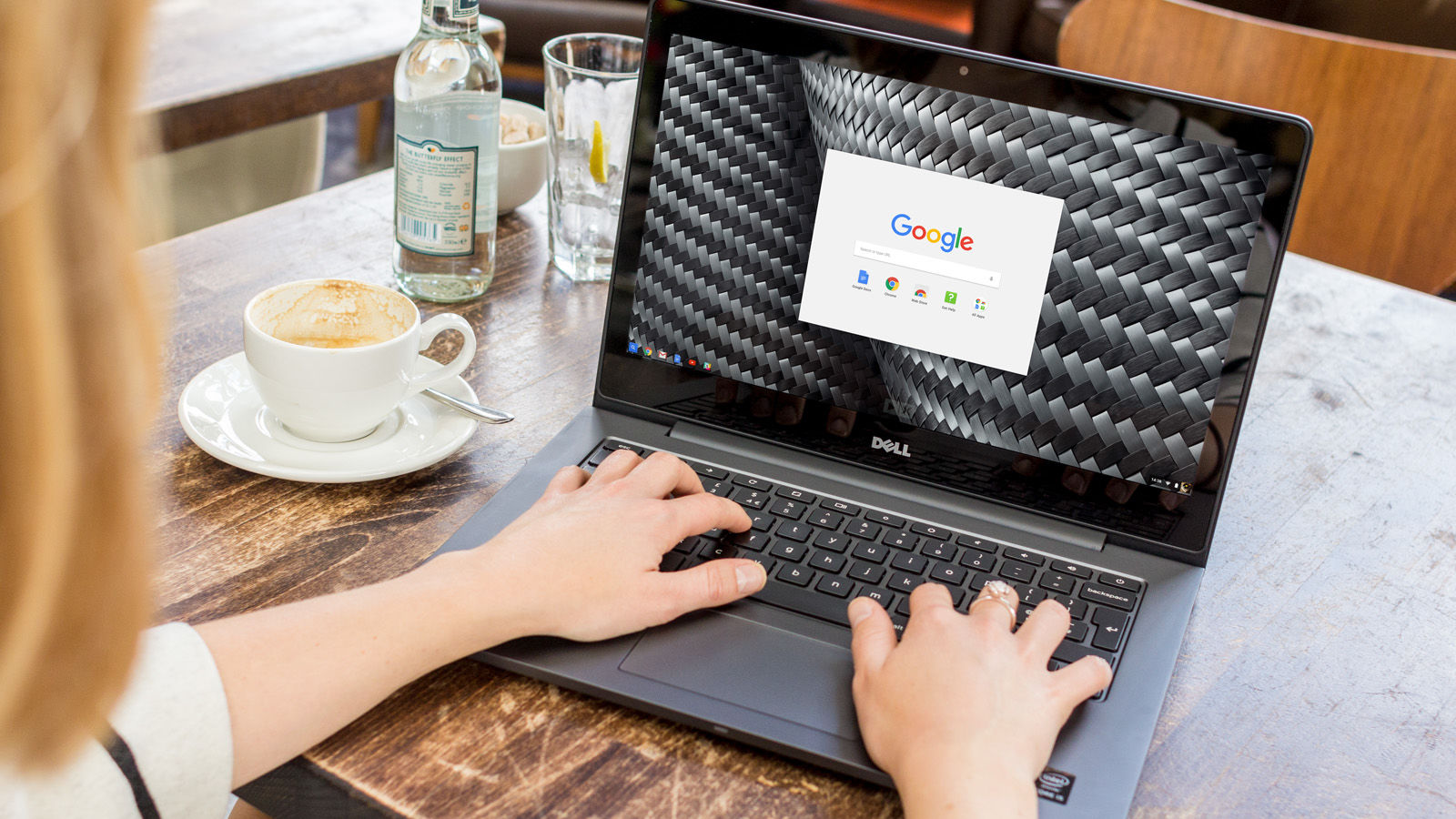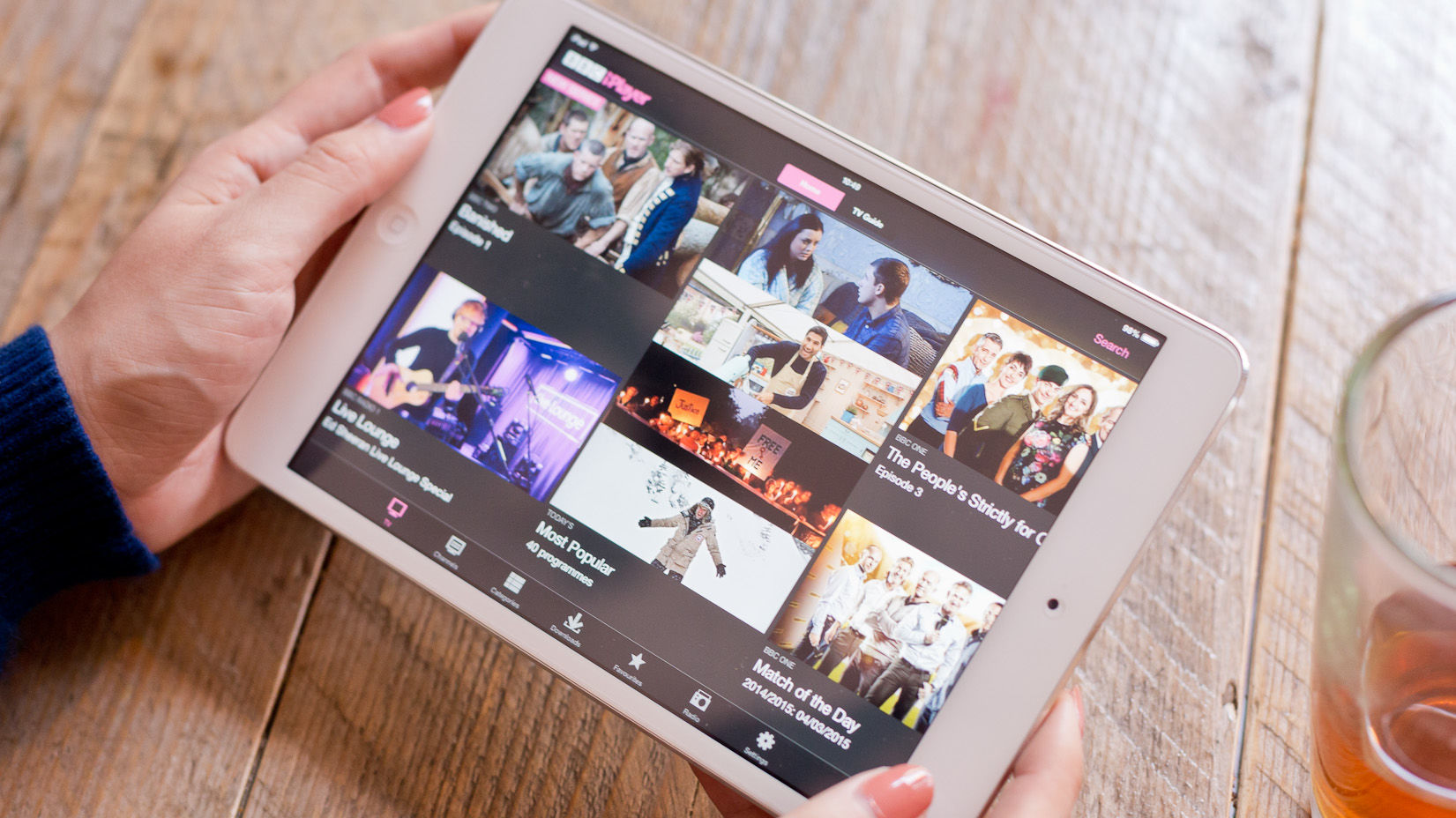Chances are, you’re reading this because your parents, in-laws or someone else in the family needs a new computer and it has fallen to you to sort it out. You could opt for a laptop or PC, but even if they’re familiar with Windows, they still need to be savvy enough to keep it up to date, including its anti-virus protection. The good news is that there are more options than ever these days, and here we’ll explain all of them so you spend your money wisely. First, though, consider what your parents, friend or relative actually wants to do on their computer. The temptation is to replace their old / broken computer like for like. But that may not be the best approach.
Is Windows the best choice of older computer users?
Pros
Familiar interfaceWidest choice of appsWorks with all printers
Cons
Biggest target for viruses and ransomwareStill requires up-to-date anti-virusLittle to no protection from phishing attacks
Windows 10 is the latest version, but the interface has changed a fair bit since the days of Windows XP and Windows 7. It should still be familiar enough, and it comes with built-in anti-virus protection these days, though this isn’t an all-encompassing solution for the myriad of threats that users face today. Getting a virus is less worrisome than your parent’s computer getting infected with ransomware, or their credit card details being stolen by a dodgy website that they only went to because they clicked on a link in a fraudulent email. Now that operating systems are harder to hack, criminals are increasingly going after the easier target: the user. How is this relevant to buying a computer for a pensioner? Well, some will say the best choice is a Chromebook (see below) but in order to avoid getting caught out by phishing emails and other scams, it’s vital to explain to whoever will use the computer what to look out for and to be aware of what can go wrong. Ultimately, then, Windows is still a decent choice – especially if they’re already familiar with it. Here are the best laptops to buy.
Is a Chromebook better than a Windows laptop?
Pros
InexpensiveAlways up to dateLittle to no risk of viruses or ransomwareWorks seamlessly with all Google services
Cons
Most are laptops with small screens and keyboardsCan be tricky to print fromNot compatible with all software, such as iTunes
Google has an alternative to Windows called Chrome OS. You can’t install this on a PC though: it only comes on Chromebooks, which you can read more about in our comparison of Windows and Chromebooks. https://www.techadvisor.com/buying-advice/laptop/should-i-buy-windows-laptop-or-chromebook-office-3498838/ Chromebooks are generally inexpensive and have the advantage that they’re easy to use and keep themselves up to date, so you don’t need to worry about installing updates or security patches: it all happens automatically. Chromebooks don’t require anti-virus software either, and they’re safer than Windows from ransomware but users still need to avoid scams which might trick them into handing over their bank details or other information. Some people prefer the bigger screen and keyboard of a desktop PC, but Chromebooks are laptops and even the largest has a much smaller screen than most PCs. You can get Chrome OS on the desktop, however. Asus produces two products, the £100/US$100 Chromebit and £240/US$250 Chromebox, which are both relatively affordable and allow you to use a big screen and a PC mouse and keyboard. Here are the best Chromebooks to buy.
Should I buy my parents an iPad instead?
Pros
Portable, lightweightLittle to no risk of viruses or ransomwareEasy sharing / communication if you too have an iPad
Cons
Learning curve if first tablet / touchscreenCan be tricky to print from12.9-inch model is expensive
As we mentioned, a tablet can be an ideal PC replacement these days. Tablets tend to be very easy to use, so long as the person using it can adapt from exclusively using a keyboard and mouse to operating a touchscreen. Some people love them instantly, while others simply cannot cope with a touchscreen, or having to hold the tablet in one hand and operating it with the other. That’s why we recommend you do a trial first with a borrowed tablet to see whether they like it. If they do and if you already have an iPad, buying your parents one can make your life easier as well. You can use FaceTime to video chat, share photos, have text conversations in iMessage and more. Tech support also tends to be easier than with Windows. If they really want to do word processing and printing, it is certainly possible on an iPad. Pages – Apple’s word processor – is now a free app and included on new iPads by default. You’ll need a compatible printer with Wi-Fi (look for AirPrint support) and it’s a good idea to buy a keyboard for the iPad too. For a standard 9.7in iPad, these keyboards can be quite small, which is the main disadvantage. If you want a bigger screen and a bigger keyboard, there’s always the iPad Pro 12.9. But this is expensive and the keyboard isn’t included (and is also expensive). You don’t have to buy a tablet from Apple, of course. Android tablets can be cheaper, but the apps aren’t universally polished, and there aren’t too many models with specific keyboards, so you’d have to go down the universal Bluetooth route. Here are the best tablets to buy. Jim has been testing and reviewing products for over 20 years. His main beats include VPN services and antivirus. He also covers smart home tech, mesh Wi-Fi and electric bikes.


